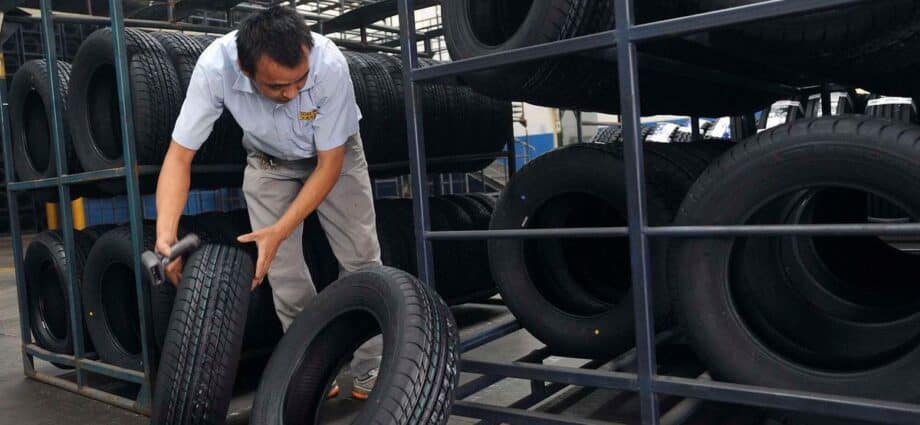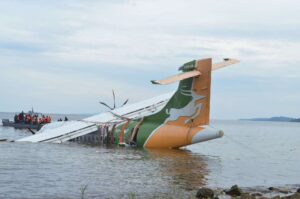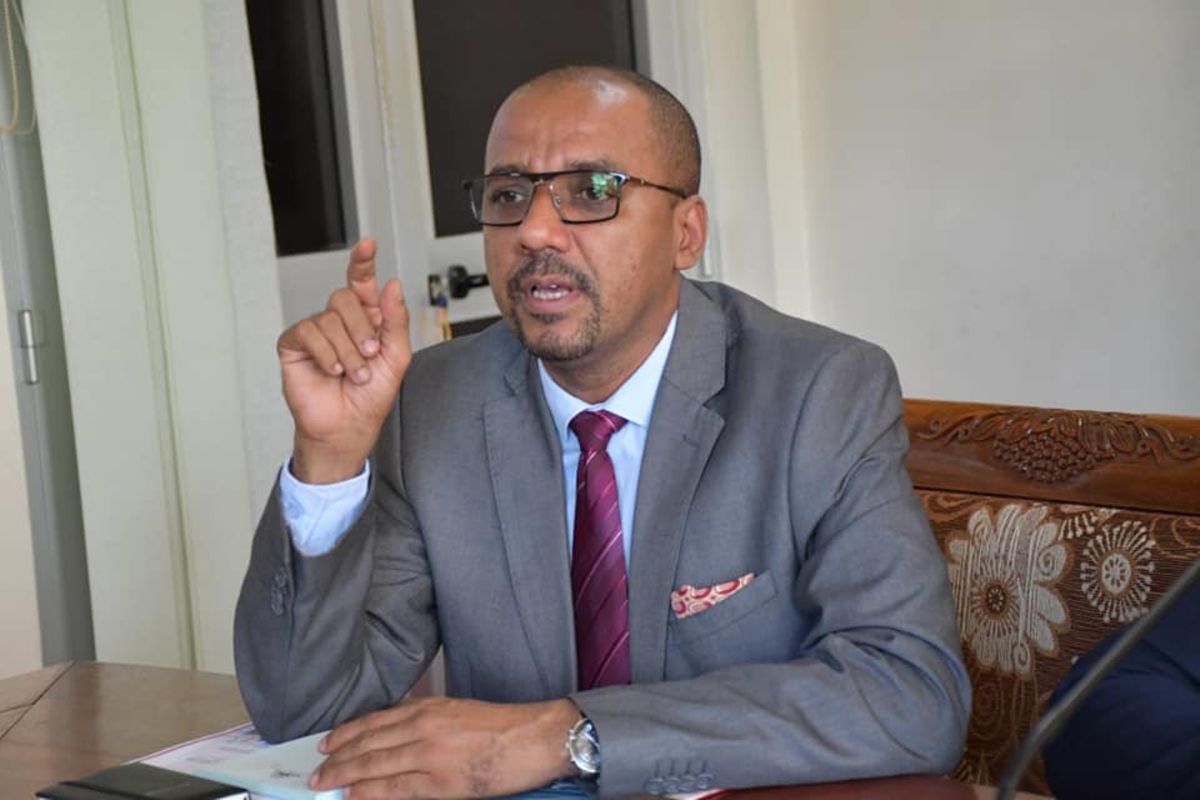The Tanzanian government is seeking investors to revive the Arusha-based tyre manufacturing plant to cater for the local and regional markets.
The revival of the 55-year-old General Tyre East Africa (GTEA) targets production of one million motor vehicle tyres annually. A report by the Ministry of Industry and Trade through its National Development Corporation (NDC) in June said new investors would lease the factory for 33 years, with a renewal agreement.
GTEA was established in February 1969, under a partnership between the Tanzania government and General Tyre of the United States of America with an installation capacity to produce 320,000 tyres per year. The factory started operations in 1971 but stopped in 2007 due to the flooding of the market by imported, cheap tyres, mostly from China.
In its new strategy, the Ministry of Industry and Trade has proposed an installation of tyre manufacturing machines with production capacity of one million tyres per year, aiming to cater for local demand. The plant is expected to produce a full range of tyres for cars, buses, light and heavy-duty trucks.
The revival of the plant would minimise the importation of the tyres from China, Japan, India and Dubai, the ministry said. Vehicle owners have complained about the low quality of imported tyres, which they say are not durable in high temperatures and Tanzania’s trunk roads.
Tanzania truck and passenger bus owners have raised concerns about the imported tyres, which they said are not fit for trunk roads, mostly those connecting Tanzania and the Democratic Republic of Congo, Burundi and Rwanda.
Deputy Minister for Industry and Trade Exaud Kigahe said earlier that the government was seeking a strategic investor with the needed capital and technology for the revival of the Arusha plant.















